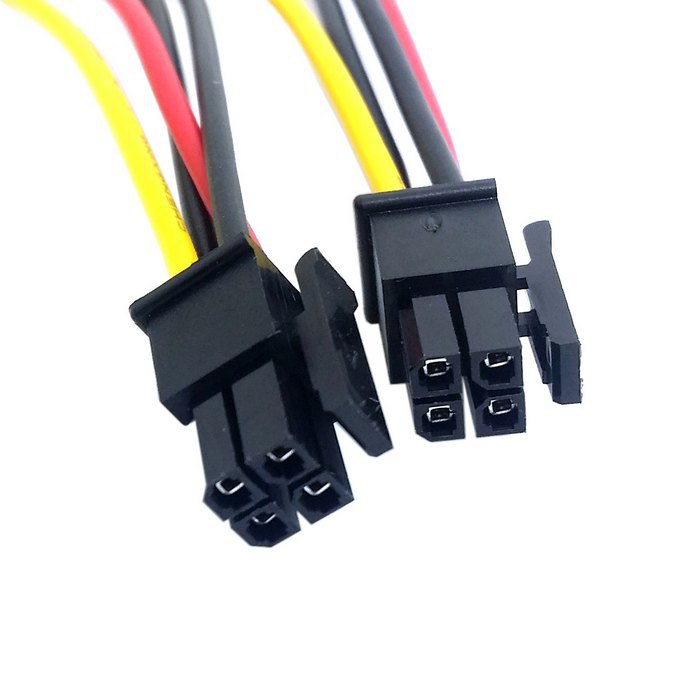


In the USB standard, there is a difference between the two, and the connectors on cables and devices reflect this. USB connectors come in two flavors: host and peripheral. We'll discuss this more in the examples section for each individual connector.

The term "mount" can refer to several things: how the connector is mounted in use (panel mount, free-hanging, board mount), what the angle of the connector is relative to its attachment (straight or right-angle), or how it is mechanically attached (solder tab, surface mount, through hole). Mount - This one has the potential for being confusing. It's important that you select a connector with a suitable life for the application. A USB connector may have a lifetime in the thousands or tens of thousands of cycles, while a board-to-board connector designed for use inside of consumer electronics may be limited to tens of cycles. Datasheets usually present that information in terms of mating cycles, and it varies widely from one technology to another. Mating cycles - Connectors have a finite life, and connecting and disconnecting them is what wears them out. The pitch of the pins on the headers on a standard Arduino is.


 0 kommentar(er)
0 kommentar(er)
